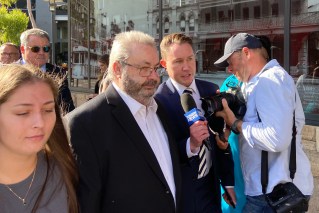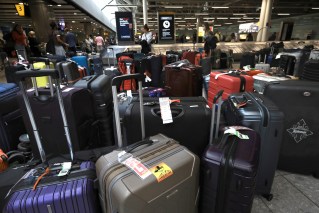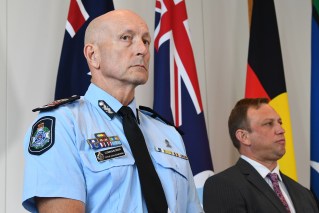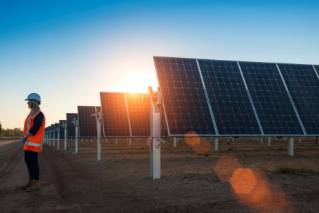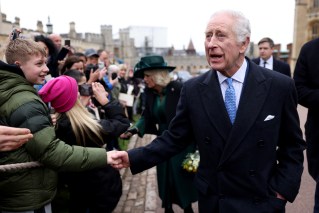A mobile mining camp? Actually, it’s the latest word on emergency accommodation
The federal government is investing in a stockpile of emergency shelters that can be deployed around the country when disaster strikes.
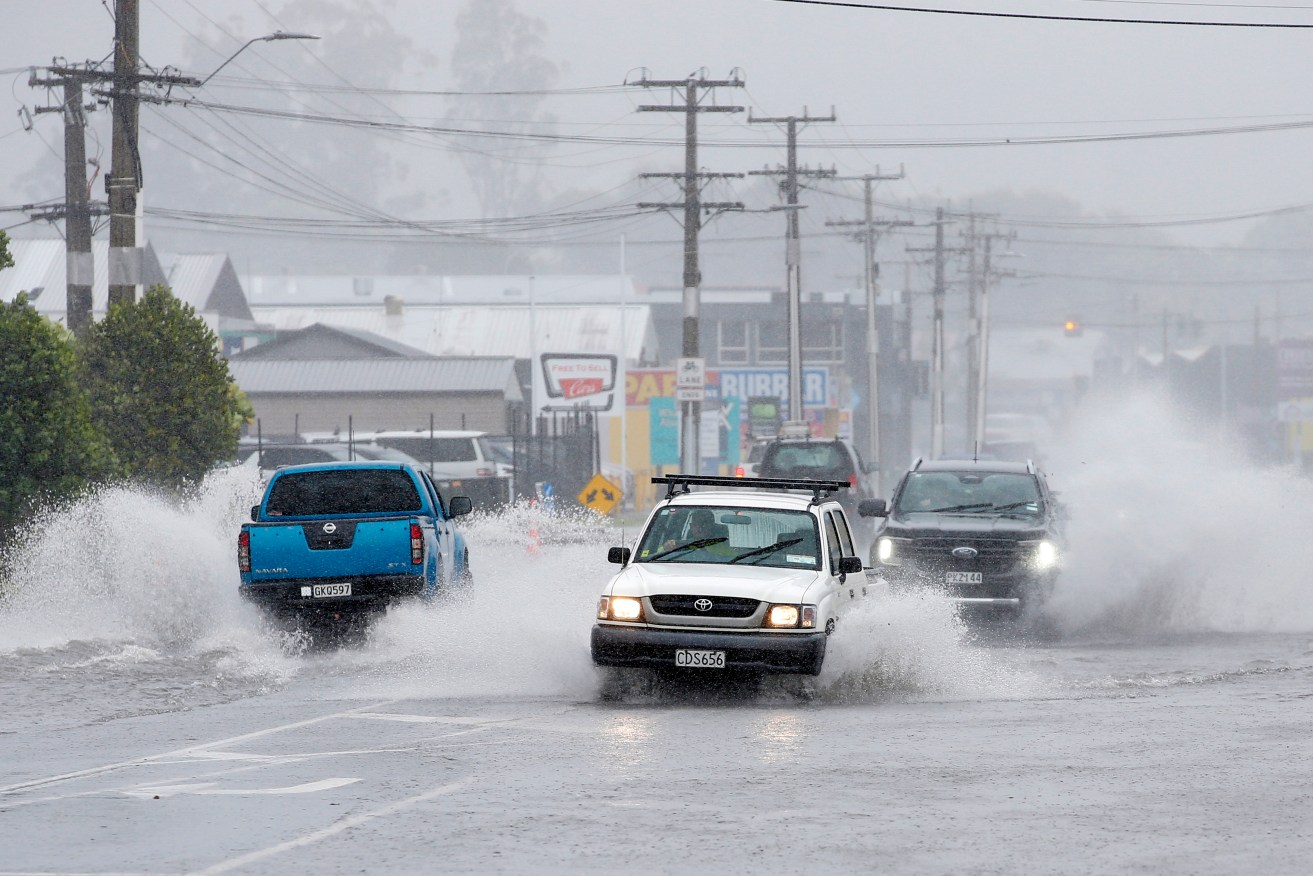
Less than 15 per cent of Australians believe that climate change is a problem right now, a Griffith University study has found. (Michael Cunningham/Northern Advocate via AP)
Emergency managers detailed the new national asset during a briefing on Friday about the severe weather that’s looming for Australia, as hot, dry conditions return and increase the risk of bushfires and heatwaves.
Joe Buffone, from the National Emergency Management Agency, said it would be a complete, turnkey solution for disaster-hit communities.
As well, the shelters could be used when emergency services personnel have to deploy in large numbers to aid disaster recovery efforts.
“This is a specific capability that the Commonwealth will own, store and deploy at the request of a state or territory,” the agency deputy coordinator general said.
He couldn’t estimate the cost but said talks were underway with manufacturers and they would be a bit like a mining camp.
“They are portable facilities that can be moved into an area, that have a degree of privacy – toilet and bathroom facilities, kitchen sort of areas – so you’ve actually got a whole capability that can be deployed,” Mr Buffone said.
Friday’s briefing provided the first high-risk weather season assessment for the 2023/24 period, with the Bureau of Meteorology repeating earlier warnings about a return to drier, warmer conditions that have already fuelled large bushfires in parts of Australia.
A stress test of the nation’s disaster response capabilities will be held next week when emergency services chiefs from around the country meet in Canberra.
They’ll do a dummy run in response to a realistic disaster scenario, trying to identify any gaps in the system.
Non-government organisations will also be there, as will private sector representatives, with the agency’s Coordinator General Brendan Moon saying every aspect of society has a role to play and must be ready for what’s ahead.
“There are some core principles that have been developed in Australia over a number of years, based on the experience of many, many recovering communities and also governments,” he said.
“We get the best outcomes when recoveries are locally led, coordinated by the state, and it’s facilitated and enabled by the Commonwealth.
“But we also recognise that sometimes, the scale and size and impact of these events challenges that local ability to actually manage their own recovery.
“And that’s why it’s important that we do have strong institutional arrangements in place to support communities as they recover.”

